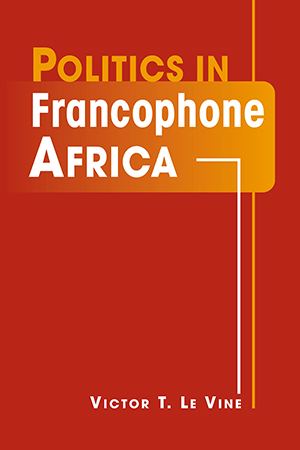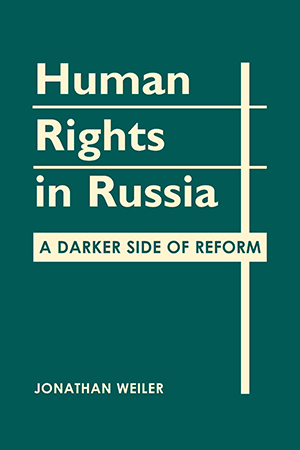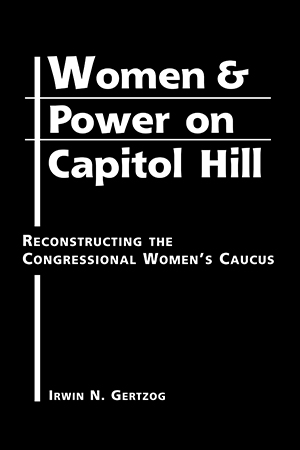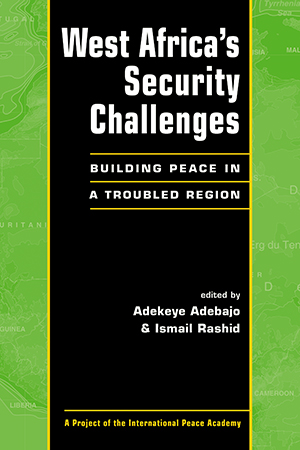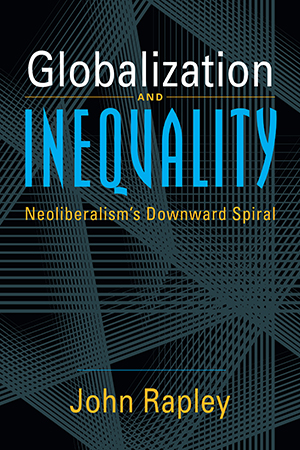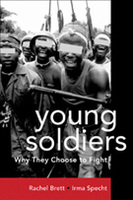BOOKS
Choice Outstanding Academic Book! The fourteen countries in west and equatorial Africa that formed the heart of what was once France's African colonial empire?all independent now for More >
The connection between Soviet authoritarianism and human rights violations once seemed unassailable, as did the belief that a transition away from communist rule would lead to better More >
Knowledge Power introduces the interconnected roles of intellectual property, information, and privacy and explores the evolution of the domestic and international rules that govern More >
Is it accurate to equate "fundamentalism" with antimodernism? What explains the growing importance of religious activists in world politics? Guns, Gods, and Globalization explores More >
The Congressional Caucus for Women's Issues (CCWI) was the most effective bipartisan organization in the House—until changes wrought by the "Republican revolution" of More >
Among the world's most unstable regions, West Africa in the last decade has experienced a web of conflicts with profound and wide-ranging effects. West Africa's Security Challenges More >
Long constrained as a security actor by constitutional as well as external factors, Japan now increasingly is called to play a greater role in stabilizing both the Asia-Pacific region and More >
Has the far-reaching experiment in creating a new world order along neoliberal lines succeeded? John Rapley answers with an emphatic no, contending that the rosy picture painted by More >
Mexico made a peaceful transition to democracy when it elected opposition candidate Vicente Fox president in July 2000—an event that has had a profound impact on the country's More >
They are part of rebel factions, national armies, paramilitaries, and other armed groups and entrenched in some of the most violent conflicts around the globe. They are in some ways still More >



